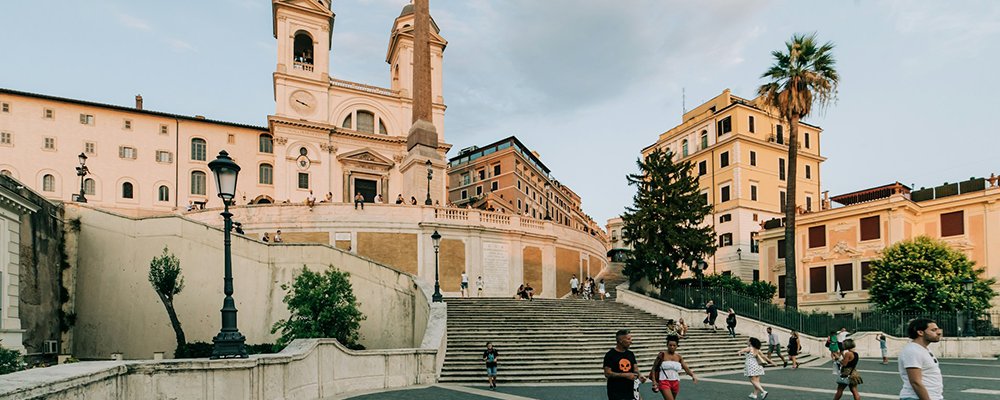Slow and calm is probably the antithesis of travel – fast, rapid stays, and moving on with little thought of what a person has left behind, let alone embraced in this world of social media fixation.
Well, there is actually an organization, a global movement, to encourage tourists on the go to slow down and appreciate their surroundings. In a word, it is Cittaslow.
In 1999, the Cittaslow Movement was born thanks to Paolo Saturnini’s brilliant intuition, a former Mayor of Greve, a small town in Tuscany, Italy. The new idea of considering the town itself and thinking of a different way of development, based on improving life quality, moved him to spread his thoughts all over our country.
His ideas were endorsed by various towns of Bra, Orvieto and Positano, as well as the support from Slow Food president Carlo Petrini. The main goal of Cittaslow, which was and still is today, is to enlarge the philosophy of Slow Food to local communities and government of towns, applying the concepts of eco-gastronomy in practice in everyday life.
Aligned with its sister association “Slowfood”, “Cittaslow” extends this philosophy to all facets of life in society. Cities that subscribe to this label commit to promoting a slower pace of life inspired by the habits of rural communities. It is about allowing citizens to enjoy their own city in a simple and pleasant way.
Municipalities which join the association are motivated by curious people, where a person is still a protagonist of the slow and healthy succession of seasons, respectful of citizens’ health, the authenticity of products and good food, rich fascinating craft traditions, unspoiled landscapes, characterized by the respect of traditions through the joy of a slow and quiet living.

Today, the number of areas adhering to the association stands at 262 in 30 countries globally – from the Spanish steps in Rome to the South Australian riverport town of Goolwa. Goolwa was the first town in Australia to gain Cittaslow accreditation - followed by Yea in Victoria and Katoomba in New South Wales.
The primary objective is to preserve the spirit of the community and, at the same time, inform the new generations about their cultural heritage. To become a “Slow City,” a city must agree to accept the guidelines of Slow Food and work to improve conviviality and conserve the local environment.
When a city becomes a Slow City, some of the Slow City objectives may already be part of its heritage. Others can be introduced and applied, often taking inspiration from the programs implemented in other cities.
Some programs already implemented in Slow Cities are recycling projects, Presidia, after-school programs, and information for tourists that helps them have a real “local” experience. The certification of towns concerns 72 requirements for quality, subdivided into seven areas.
These consist of energy and environmental policies; Infrastructure policies; Alternative mobility, cycle paths, street furniture, etc; Quality of urban life policies; requalification and reuse of marginal areas, cable network city (fibre optics, wireless): Agricultural, touristic and artisan policies; Policies for hospitality, awareness and training; social cohesion and partnerships.
Many projects have been developed in many different towns and cities in the Cittaslow Network and continue to thrive. This has even included Cittaslow Academy training courses and the completion of a pilot scheme, Izmir, in Turkiye of the Cittaslow Metropolis project, which will allow it to propose to large city neighborhoods the Cittaslow approach.
It now classified cities in many nations, including Australia, Austria, Belgium, Canada, Denmark, France, Germany, Italy, the Netherlands, New Zealand, Norway, Poland, Portugal, Spain, South Africa, South Korea, Sweden, Turkey, Britain and the US.
In the next part, we introduce some of the cities that have adopted the Cittaslow approach, philosophy and culture.
 Andy Probert is an independent journalist based in Turkey. He writes about travel, aviation, new tech and business. His work has appeared on the BBC, in The Daily Telegraph, Hurriyet Daily News and other newspapers worldwide.
Andy Probert is an independent journalist based in Turkey. He writes about travel, aviation, new tech and business. His work has appeared on the BBC, in The Daily Telegraph, Hurriyet Daily News and other newspapers worldwide.















